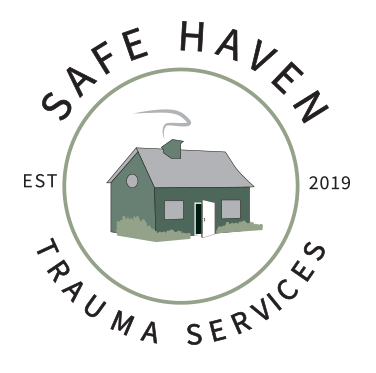The Hero and the Villain
Addiction is a disease that seems to tear away everything we have worked so hard for. It can tear apart families, careers, and livelihoods in a matter of minutes. It is not a discriminatory disease—it can affect anyone. I have often heard people speaking about their loved ones who are in active addiction in the following way: “When they aren’t using, they are the most kind, intelligent, and caring person. But when they are using, they are completely different.” Addiction can shatter someone’s complete identity to the point where they do not even recognize themselves. To this day, there is a stigma that surrounds addiction and the people that it affects. I would like to shed some light on the issue by providing an alternate way of viewing the disease. Addiction can begin in many different ways, and often I find that it is a response to trauma.
One of my favorite quotes about addiction is by Dr. Gabor Mate which states: “Not why the addiction, but why the pain?” It is imperative that we investigate why the person is using drugs or alcohol. What is it that this substance provides them? I often ask my clients how their substance use benefits them. I am typically met with: “Well, nothing but bad stuff.” I respond by challenging them because surely it provides some sort of benefit or they would not be doing it! People who suffer with addictions often find themselves using to alleviate the pain of past trauma. Addiction provides an escape—a sense of freedom and relief from the chronic pain. I find that I surprise my clients by responding to their trauma narrative by stating: “Yeah, if I went through that, I would want to escape, too.” Substance use is a coping strategy that many people utilize to navigate trauma and intense emotions. It is a resourceful way for people to stay alive, to persevere, to survive. Substance use can create a separation between people and their problems as well as other people. It is a defense mechanism that allows them to feel blissfully detached from anything and anyone that could hurt them. On the other hand, substance use can allow people to feel connected to others. Using a drug or consuming alcohol may be the only way that someone can feel comfortably attached to others. It can provide a sense of safety, and who doesn’t want that?
I see that people with substance use disorders struggle with shame for their dependency and guilt for having the disease. These emotions can also be seen in people who have experienced trauma. It’s understandable that someone would want to escape after experiencing a traumatic event or chronic, complex trauma. The substance is their way to make it through another day. Sobriety can be earth shattering and terrifying because the reality of trauma comes crumbling down on them. I recognize that during therapy I am taking away the one coping strategy that helps. I am asking people to part with the one bit of safety that they have in this world while at the same time addressing their traumas. It can be a daunting task to tackle “life on life’s terms” when we have been blocking it out for years.
There was a statement made about people who suffer from substance abuse disorders years ago that struck me. Inside each addict, there is a superhero and a villain. Sometimes, we see the superhero, the kind, intelligent, and loving person. Yet other times, we see this completely different being. What changed? How can we help? By loving, supporting, and fighting for the people who suffer. Addiction is an isolating disease that keeps its victims from receiving support. Couple that with trauma, and you have a person who is in desperate need of support and compassion yet receives nothing but shame and judgement. The goal of therapy is to provide support and accept the person for all aspects of who they are, villain and all.

